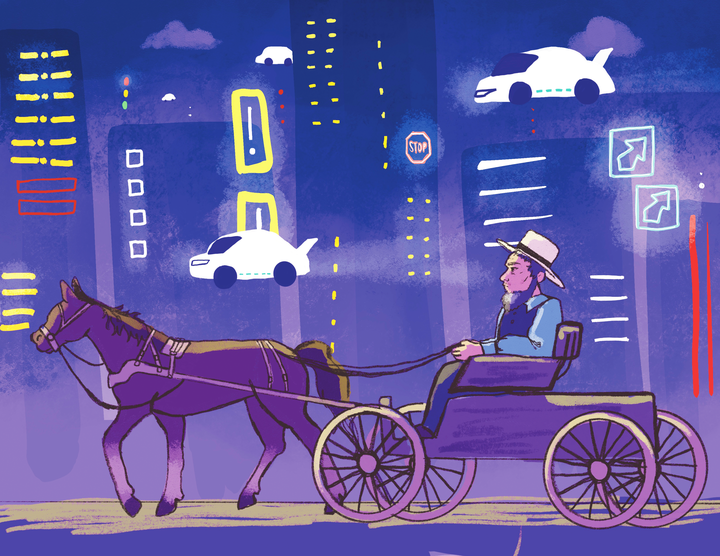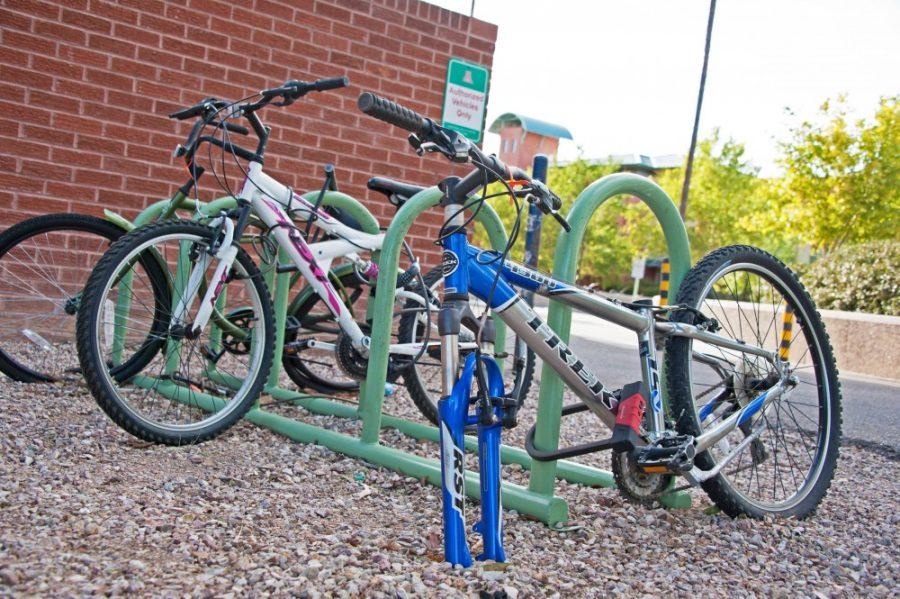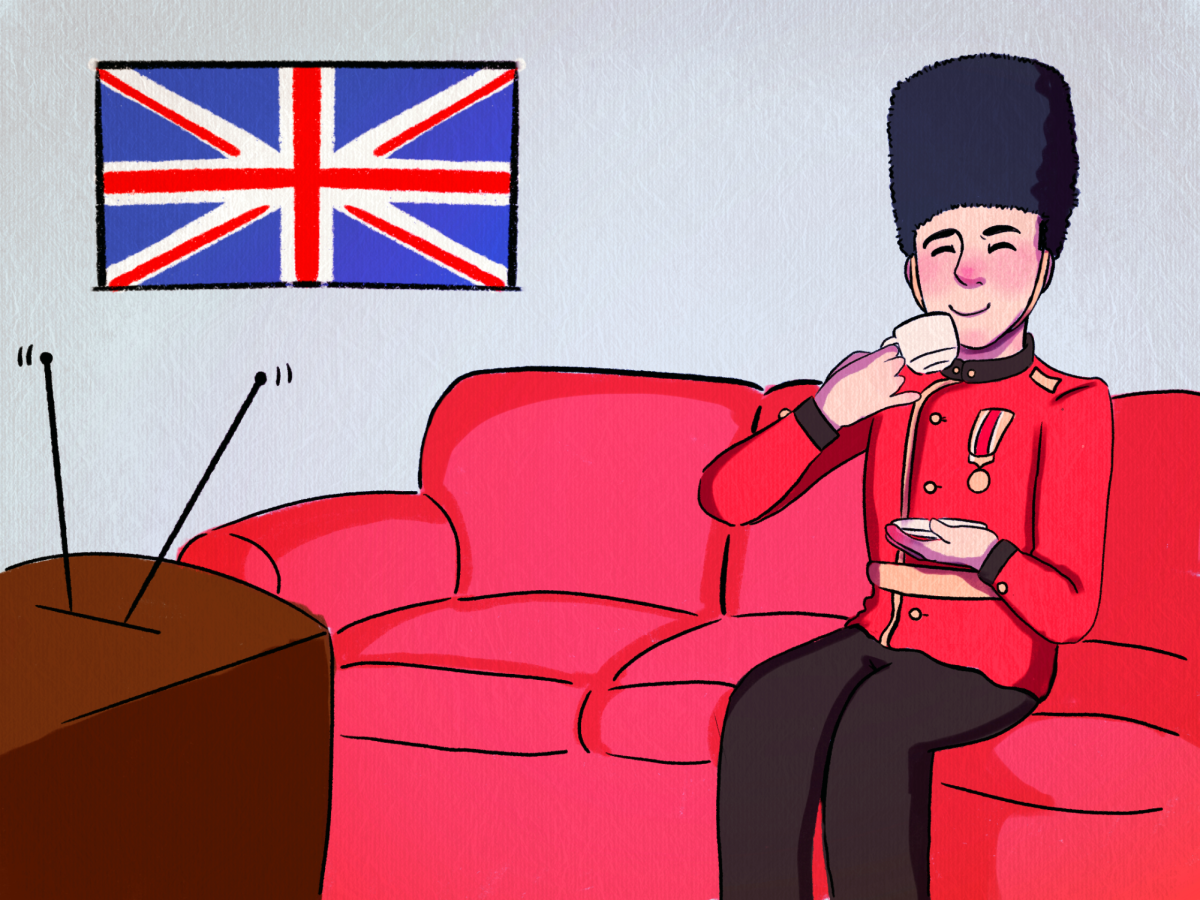It is far more important to become an informed voter in local and state elections than it is to become one for federal elections.
With the election circus in full swing, it is not uncommon to hear and engage in discussions about who will be, or who you wish will be the next president of the United States. With the primary elections over, Donald Trump clinching the Republican nomination and Hillary Clinton being the presumptive Democratic nominee, partisan politics has taken hold again. Our democratic system has once again turned into one party vs. the other and with a larger-than-life candidate like Donald Trump, it is entertaining to watch.
We should follow our local elections closer than we follow national elections.
Ignoring the fact that the presidential election won’t be held for another four-and-a-half months and any number of things could change between now and then, as individuals we hold little-to-no sway over national election results.
We are commonly told that every vote matters, that it is important to vote for the president of the United States of America — the reality is that these are comforting lies we tell ourselves.
Our individual vote only matters if our state would have tied without it — or if our vote would cause a tie — and our state’s electorate was able to shift which candidate won the presidency. Given the size of the electorate, these are unlikely odds.
According to Andrew Gelman, Nate Silver and Aaron Edlin’s paper published in the journal Economic Inquiry, “What is the probability your vote will make a difference?”, the national odds for a single person’s vote to be relevant in deciding a national election, is 1:60 million. In swing states where it is commonly believed that an individual vote is more impactful, the election odds are only 1:10 million.
It becomes clear that any one of our votes in a national election realistically won’t change the result of that election.
According to Casey B. Mulligan and Charles G. Hunter, there has never been a US election decided by a single vote. This raises the question of should we even bother voting at all. The answer is, we should, but in our local elections.
Given the size of the national electorate it is virtually impossible for one of our votes to decide the president, but for local elections your odds are substantially higher. In the same study done by Casey Mulligan and Charles Hunter they found that there have been seven state legislators who have won by one vote, two state legislative elections which have tied and one U.S. congressional campaign who won by only a single vote.
Not only do you have a larger influence on your state and local election than you do in a national election, but state and local elections also have a greater influence on you. It is the job of our congressmen and senators to pass legislation we believe in and to secure funding for our state. Our mayor and state legislators have a far greater degree of influence on the day-to-day lives of local Tucson citizens than the president ever will.
I implore you to not only become informed about the policies of candidates on a national level, but to also take time to become informed about our upcoming Arizona primary election, which will occur on August 30 and remember to participate in all elections, not just the nationals ones.
Follow Jackson Morrison on Twitter.








